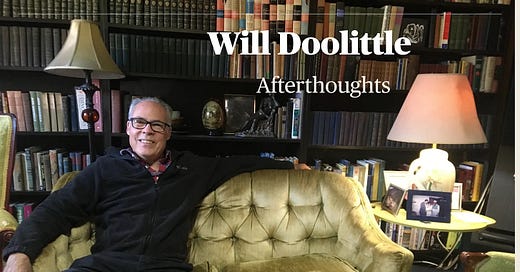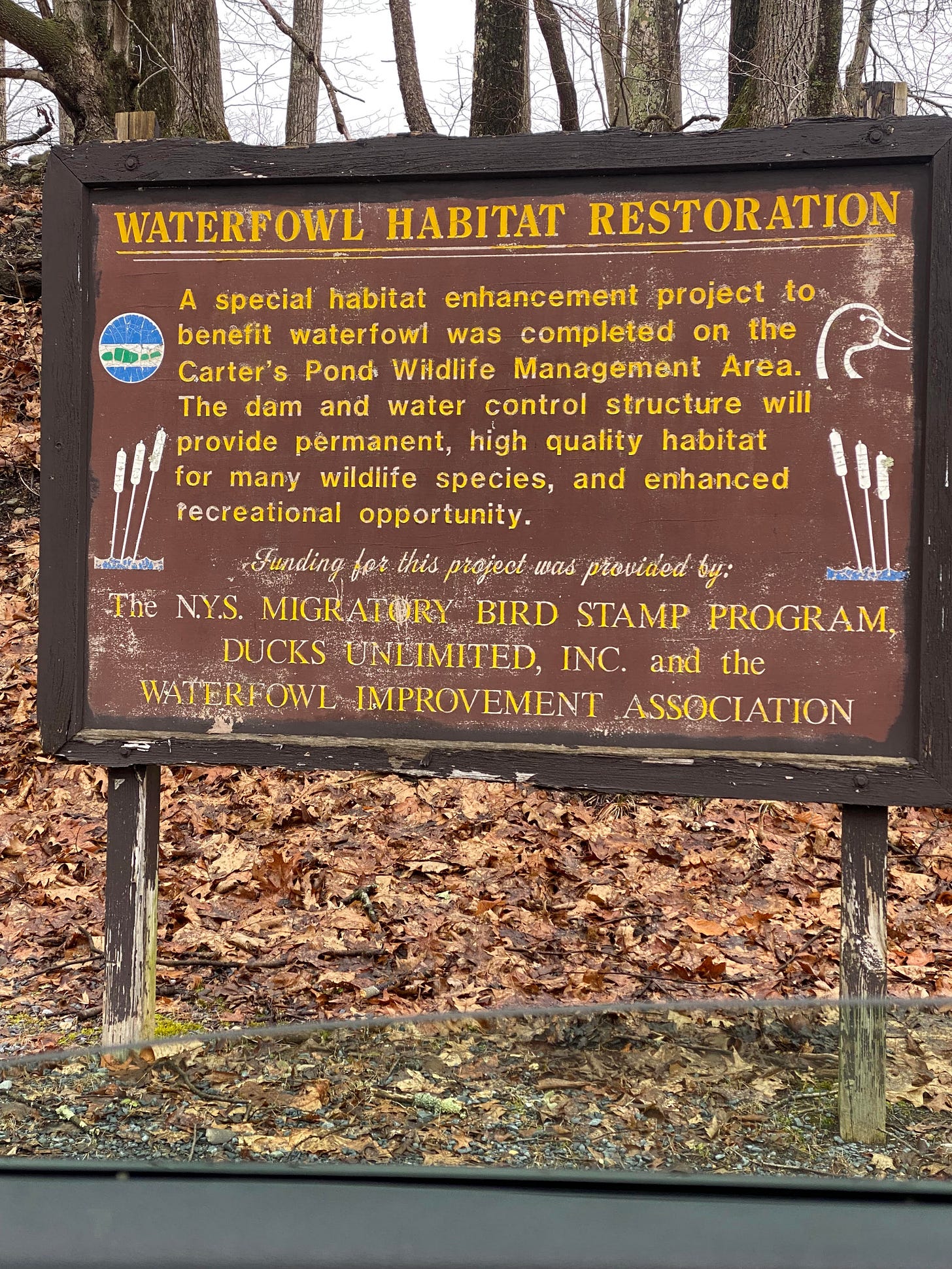The pandemic helped radicalize us
Glens Falls is busy with construction
When looking at the strange behavior of Americans over the past few years — in particular, the Jan. 6, 2021 assault on the Capitol and the baffling popular support for a would-be autocrat — I wonder how much force has been injected into this radicalism by Covid-19.
Since the World Health Organization declared Covid-19 a pandemic four years ago, 1.2 million people have died of the disease in the U.S., the most in the world.
Brazil, with 702,000 deaths, has the second-most, out of a worldwide total of 7 million.
In the 14th century, the Great Plague killed a third to a half of the population of Europe, and some of those who didn’t get sick lost their minds.
Groups of flagellants marched from town to town, whipping their own flesh with studded belts to purge their bodies of the sins they believed had brought the plague. The flagellants also whipped up the populace against Jews and other minorities, leading to slaughters and other persecutions.
The reduction in population from the plague caused an increase in wages, because workers were hard to find, and steep inflation. The population in many regions did not rebound to its former level for a century or more. Research has suggested the drop in the number of human beings led to reforestation and global cooling.
Researchers have also found that, during the global lockdown in the spring and summer of 2020, seismometers around the world, which pick up vibrations from traffic and construction work as well as earthquakes, recorded a 50% decrease in activity.
Our economy, too, was transformed. Certain goods became scarce as operations were shuttered and supply chains disrupted. In the U.S., state and federal governments poured trillions of dollars into Covid relief.
People who lived in New York City streamed to second homes or relatives’ homes upstate, where there was more space and social distancing was easier. Quite a few bought houses upstate, creating the most intense sellers’ markets real estate agents in the Glens Falls area said they had ever experienced.
Vaccinations and, it seems, a lessening of the severity of the disease, have eased the terror of the Covid-19 pandemic, but the trauma remains from the mass deaths and the mass confusion.
The bitter fights over masking and shots and social distancing have entrenched in their opposition people who were already inclined toward suspicion of government mandates. We have become more radical.
A promise by one of the presidential candidates, repeated numerous times, to strip federal funding from “any school that has a vaccine mandate” has warranted a shrug.
Every public school system in the country has vaccine mandates. Now, with outbreaks of measles in unvaccinated people around the country, we are getting a tiny taste of the misery that would result from dropping the school mandates.
Vaccines are a wonder and a blessing. If they didn’t exist, even their fiercest critics would be praying for them.
In the 1900s alone, before an enormous worldwide vaccination effort that eradicated the disease, smallpox killed 300 million people and permanently scarred millions more.
One reason Donald Trump’s nihilistic statements are tolerated is that they reflect the mood of much of the country, a resentful rebelliousness that was magnified by the pandemic experience.
I’ve had a cold with a low fever for a few days. I’ve taken two Covid tests — both negative. But I’ve been thinking about the week in March four years ago when schools, stores and offices began to shut down.
I interviewed two local doctors who had gone to Queens for a week to work in Elmhurst Hospital, at that time the epicenter of the disease in the U.S. Patients filled the rooms and hallways, struggling to breathe, the doctors said.
“There were plenty of young people with no other risk factors who would be breathing on oxygen one day, intubated the next,” said Jim Hicks, a doctor from Queensbury.
Many of them died. People were afraid. And Donald Trump made things worse with his absurd, self-serving unscientific claims and his inability to talk like a grownup to the country.
So we come out of the pandemic more divided than we entered it, and I expect that to be true of the 2024 election also.
Wandering
We journeyed out of the immediate Glens Falls area on Friday, driving into Washington County without a destination but finding a lovely place for a short walk at Carter’s Pond, a state wildlife management area. Just off the parking lot is a viewing deck, high over the pond, which is where I stood to shoot this video:
A wide, smooth trail follows the shoreline, then loops back, with a boardwalk over a marsh, to the parking lot. We heard the buzzing of red-wing blackbirds, as we do at the marsh at Hovey Pond in Queensbury. Geese were flying back and forth over the pond and honking out of the mist.
The trail is a half-mile long, and it and the viewing deck are wheelchair-accessible.
Busy
Signs of Glens Falls’ growth abound, most prominently with the progress of work on the community event space on South Street, the centerpiece of the city’s downtown revitalization initiative.

Work is also being done on an apartment complex on Washington Street being put up by developer Chris Patten. Patten recently put up a 20-apartment building on Union Street, which, he said, filled up in two weeks. All these living spaces being created downtown bode well for businesses located in the city.







I would think when societies experience an increase in instability, there’s a corresponding increase in peoples’ anxiety and a perceived need for a countervailing force for stability. Hence an increase in authoritarian populism. And are we ever seeing this authoritarian increase now!
For several generations, we’ve experienced national and global changes that have led to significant societal change. Technology, computers, and the internet. Tremendous changes in communication. Expansion of a global economy. Changes in countries’ demographics. And yes, the first global pandemic in a hundred years.
I just hope we, as a people, can use our rationality and reason to cope with these changes, instead of our emotions and anxiety. I think the future of our country as a representative democracy depends on it.
I hadn't really thought about the impact of COVID on all of this chaos politically. Thank you for bringing that to light. We were definitely a captive, fearful audience at that point. We were uncertain of the future and had a insane man in the White House telling people to inject bleach, take medications made for animals, ignore the facts, etc., all while driving around with COVID and waving out of the window of his car and preaching from his balcony like a crazy dictator. How do they even get away with asking "Weren't you better off four years ago?"